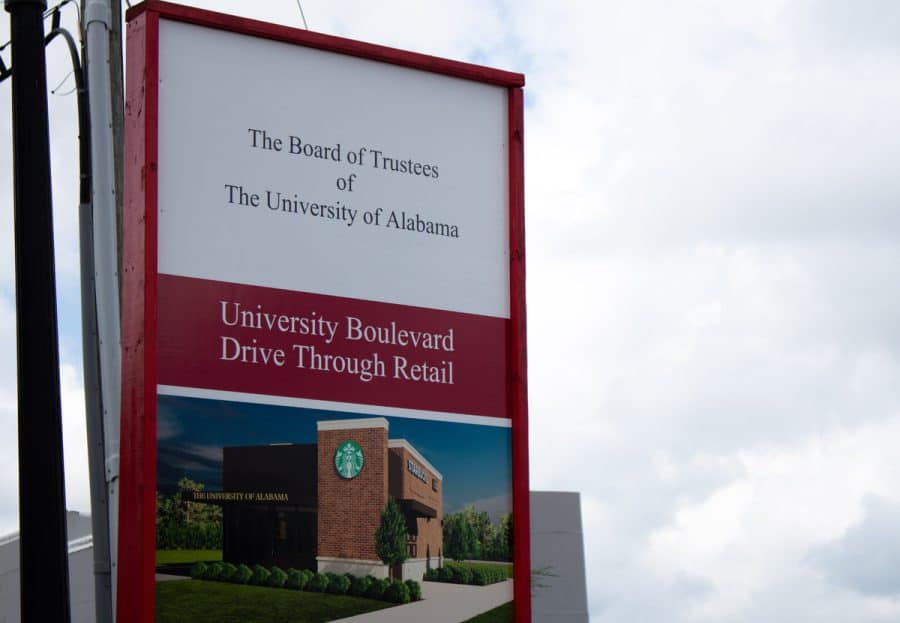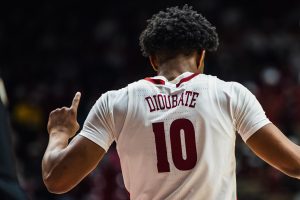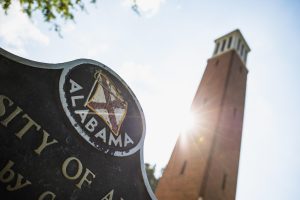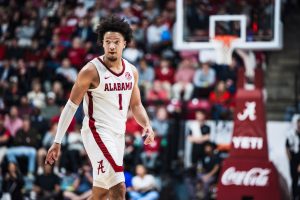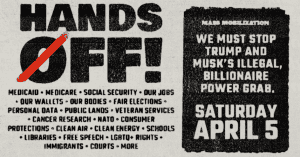Opinion | UA’s new Starbucks sends the wrong message
Construction sign displaying the end product of the new Starbucks being built on University Boulevard.
June 21, 2023
Jack Maurer works at a Starbucks store that is not affiliated with the University.
In April, construction began on a $2.75 million Starbucks location on University Boulevard, across from University Medical Center. The 1,000-square-foot facility, set to open Aug. 21, will be the University’s third Starbucks, and the first to offer only drive-thru service.
If traffic at the other two locations, in the Student Center and on Paul W. Bryant Drive, is any indication, the new store will be a cash cow for the University and its food service contractor, Aramark.
Perhaps it’s this promise of lucre that has motivated University decision-makers to overlook both the social costs of the drive-thru-only model and the ethical ramifications of expanding Starbucks’ presence on campus.
Drive-thrus are bad for the environment. While cars crawl through the line, they release greenhouse gases that pollute the air and contribute to climate change.
According to the U.S. Department of Energy, “eliminating the unnecessary idling of personal vehicles would be the same as taking 5 million vehicles off the roads.” The environmental impact of idling is one reason several U.S. cities have banned new fast-food drive-thrus.
The drive-thru-only model shuts out those who don’t use cars to get around, including people with certain disabilities and people who can’t afford cars. Like inadequate or nonexistent accommodations for pedestrians and cyclists, a coffee shop that serves only people in cars sends the message that the University isn’t attuned to the needs of students, faculty and staff who don’t drive.
Even those who can use drive-thrus benefit from dining in. Dine-in coffee shops and other third places — to use a term found throughout Starbucks’ own training and promotional materials — contribute to a strong, vibrant campus community by giving its members a place to connect with people besides their family and co-workers.
I’m writing these words from an independent coffee shop in downtown Tuscaloosa where I often go to get work done. Coming here breaks up my day, frees me from the distractions of my apartment, and gives me a chance to be around other people even when many of my friends are away for the summer.
Recently, at this same coffee shop, I ran into an acquaintance who told me she’d played a mini crossword puzzle I’d created. It was one of many small but meaningful interactions that could have happened only at a third place. Had she been in the drive-thru line behind me, we might not have even seen each other.
Beyond drive-thru concerns, the University’s decision to open another Starbucks location in the midst of the company’s aggressive anti-union campaign should trouble anyone who supports workers’ rights.
Starbucks has repeatedly been ordered to stop practices that violate labor laws. In March, an administrative law judge ordered the company to reinstate seven employees who were unlawfully fired for their efforts to organize in Buffalo, New York.
By deepening its ties to the coffee chain, the University displays indifference toward Starbucks’ illegal and unethical union busting. Perhaps this indifference shouldn’t come as a surprise from an institution that pays its student employees as little as $7.25 an hour. A University spokesperson declined to comment on concerns about the drive-thru-only model and Starbucks’ labor violations but said in a statement that “Aramark provides several convenient and accessible locations for students, faculty, staff and visitors to dine on and around campus, including several coffee establishments.”
The decision to build a drive-thru-only Starbucks sits at odds with the values the University ought to champion. But with construction well underway, what can students do?
For one, avoid patronizing businesses whose labor practices you object to. Tuscaloosa has a number of excellent independent coffee shops that haven’t been accused of breaking federal labor laws. Remember that the Dining Dollars you don’t spend by the end of the school year get refunded, so the latte you buy on campus may not be as good a deal as it seems.
But while consumers can and should vote with our wallets, our power to fight back against an environmentally harmful business model and unfair labor practices is limited.
Ultimately, we should reserve our sharpest censure not for individual consumers but for the University and government officials who chose profit over community, the environment and workers’ rights.



